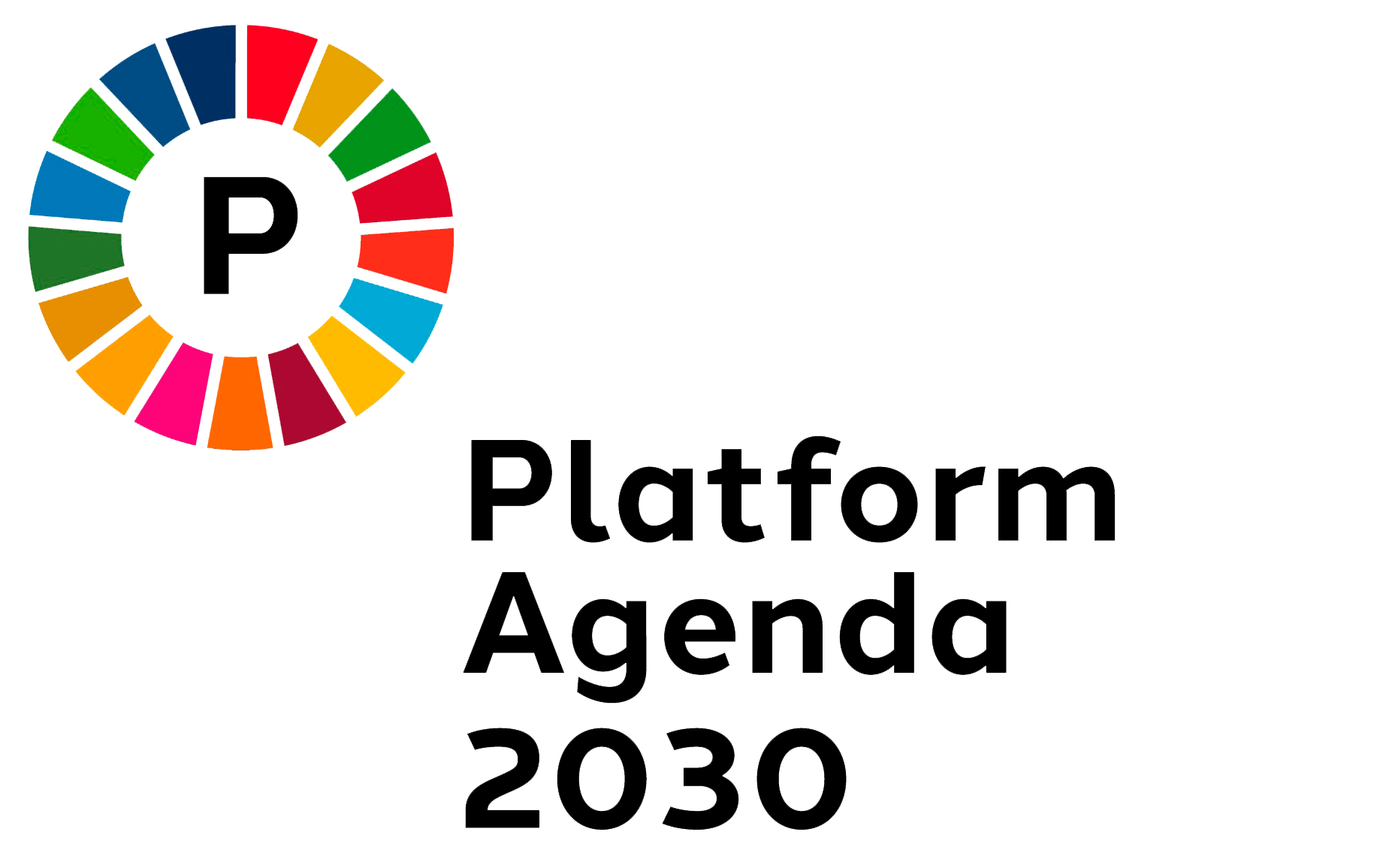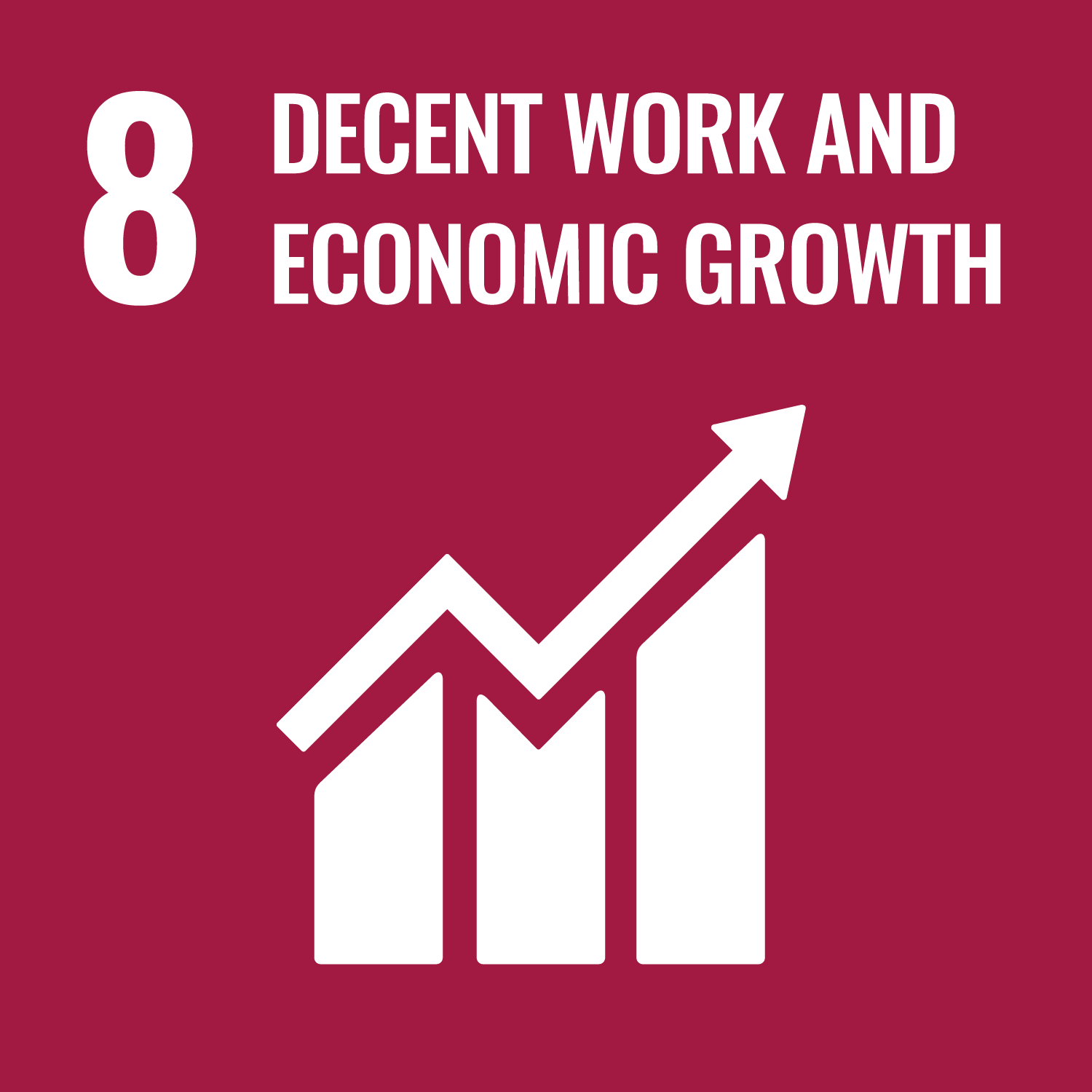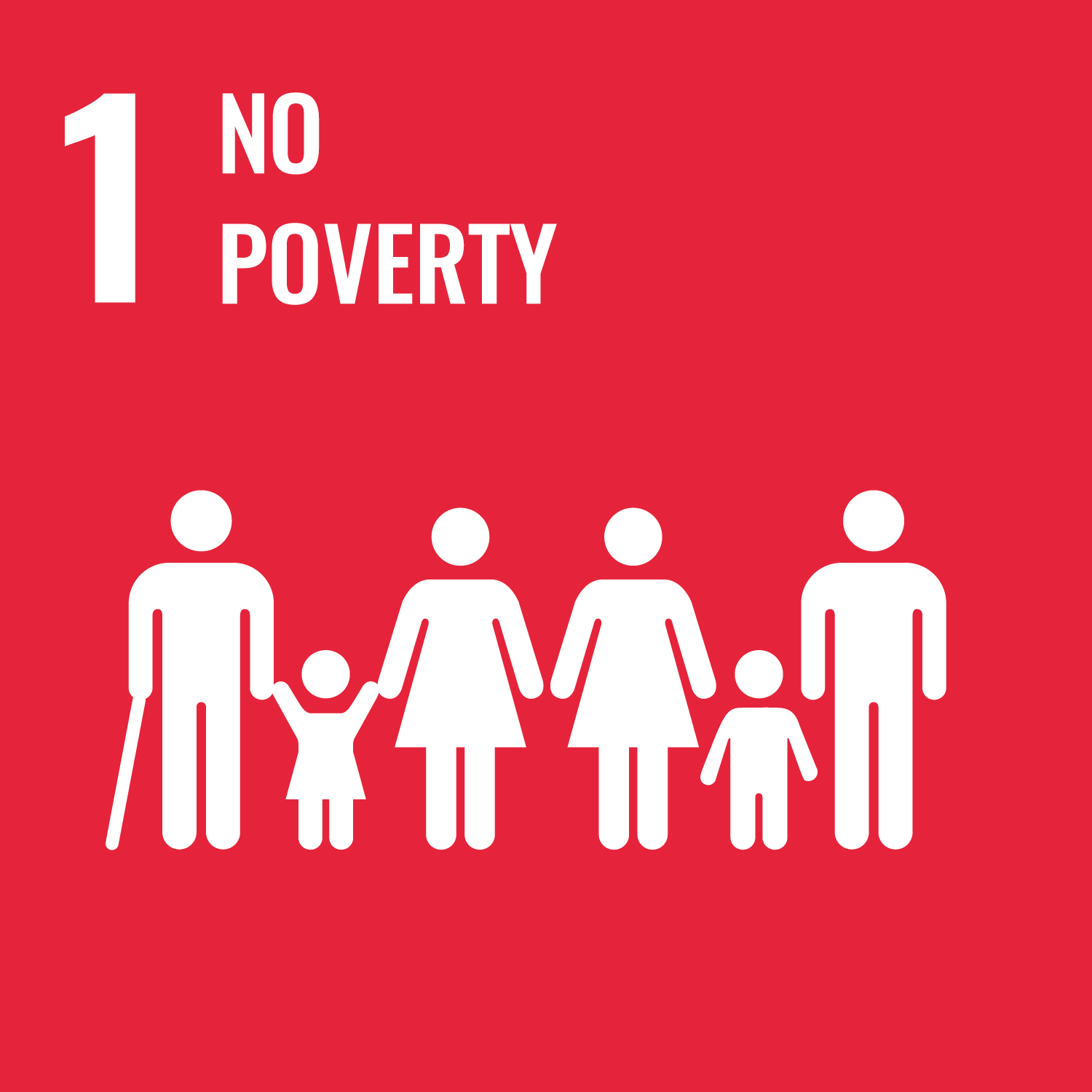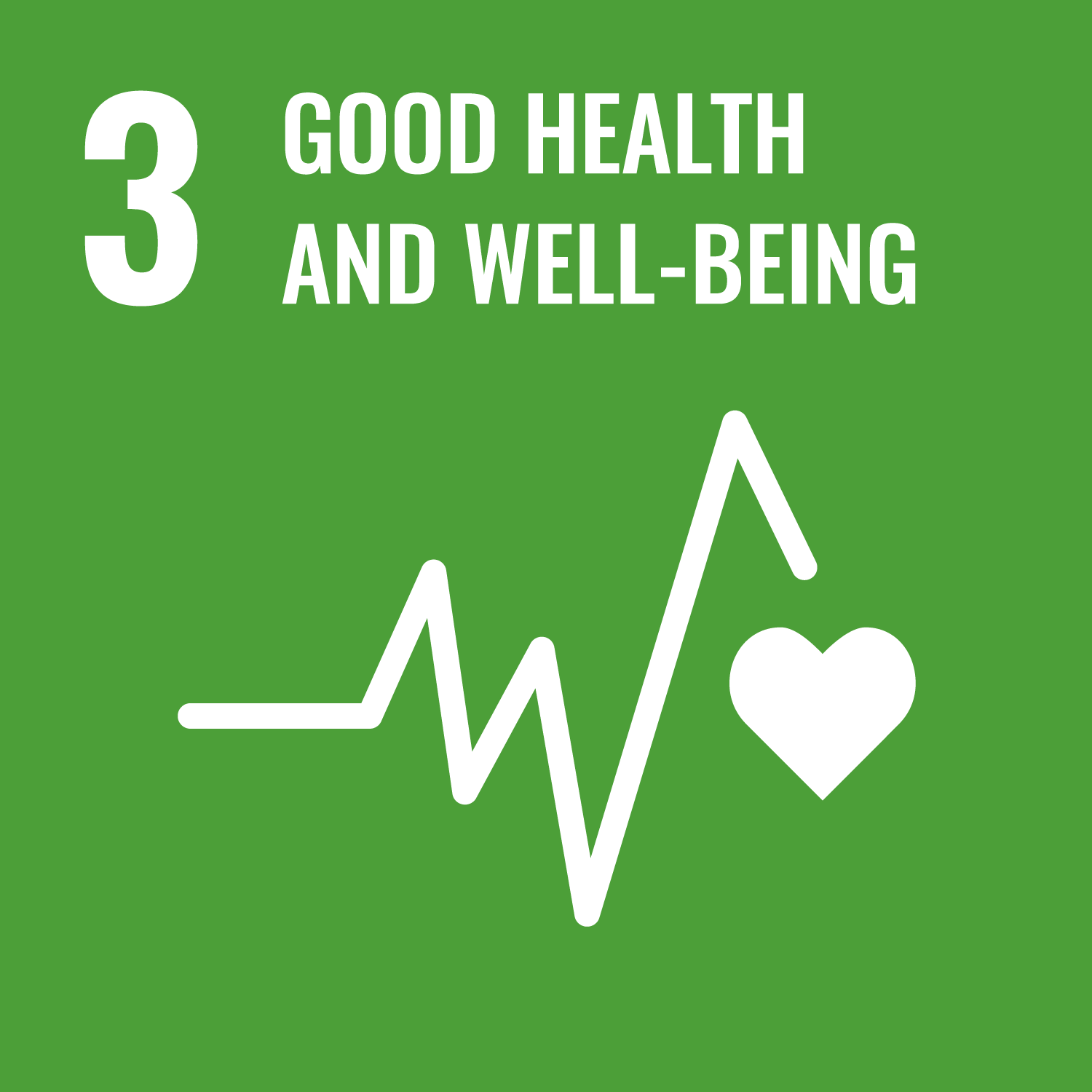What economy do we want?
Switzerland has work to do on all of these points. The usual metric, gross domestic product (GDP), does not adequately capture the dimensions of sustainable economic activity.
Structural injustices persist in the labour market. While top CEOs in some sectors are paid millions, people live in poverty despite having full-time jobs, their circumstances vulnerable as members of the working poor. Wages in the nursing, care and early years sectors are low and do not reflect the importance of those roles to society. Women are paid less for work of equal value. Employment is particularly precarious for care workers in private households, for those providing courier services, and in social entrepreneurship.
Access to the labour market is not set up to be non-discriminatory. People with disabilities are at a disadvantage when looking for work, face violence and discrimination in the workplace, and are too often forced to work in sheltered employment. Depending on their residence status, migrants are forbidden to work or have difficulty finding a job. Foreign qualifications are not sufficiently recognised, and migrants are not given enough support to earn new qualifications by learning a new language, for example. Childcare places are in scarce and expensive, which keeps too many women out of the workforce. In view of their irregular status, sans-papiers are at particular risk of exploitation.
Active trades union members risk repression, and not just in far-distant parts of the world. Switzerland also fails to protect active union members adequately against losing their jobs.
Switzerland is also highly globalised, importing the lion’s share of its consumer goods. In global supply chains too many people suffer under exploitative working conditions, as well as child and forced labour and modern slavery. Swiss trade policy misses an opportunity to demand fair working conditions and compliance with the ILO’s core labour standards as a strict criterion in free trade agreements, for example.
- The federal government and the cantons draw up a long-term strategy to make the sustainable business revolution fair and socially acceptable. They invest in continuing education and retraining, and look into reducing working hours in a way that does not result in a loss of income for low wage earners.
- Switzerland invests more in the care sector and creates good jobs in healthcare, nursing and childcare.
- Regulations prohibiting discrimination by private-sector employers against people with disabilities are enshrined in law, and binding targets are set for the employment of people with disabilities in the primary labour market.
- Switzerland dismantles structural barriers to labour market access. It introduces living minimum wages, counters gender-specific pay differences and discrimination with audits and sanctions, and protects active trade union members against dismissal.
- The Federal Council directs grant and research funding towards sustainable business. This raises the visibility of alternatives to conventional business models.
- Switzerland is an advocate for decent work along the entire value chain. It holds Swiss-based corporate groups to their word, introduces a specific duty of care to ensure that human rights and the environment are respected, and makes the eight fundamental conventions of the ILO an integral part of its free trade agreements.
- Switzerland works alongside civil society stakeholders to develop an alternative metric to GDP.
In collaboration with Laurent Matile, Alliance Sud, Gaby Belz, Economy for the Common Good/Economy is Care, Nina Vladović, HEKS, Regula Bühlmann, Klaus Thieme, Solidar Suisse, Swiss Trade Union Federation, Manuel Lehmann, Thinkpact Tomorrow
Report as PDF
- Bader, S. Moser, S. Neubert, H. Hanbury, A. Lannen: Free Days for Future? CDE Policy Brief, No. 18. CDE. 2021
- ILO 2019 : Time to act for SDG 8. Integrating decent work, sustained growth and environmental integrity. International Labour Office – Geneva: ILO. 2019.











